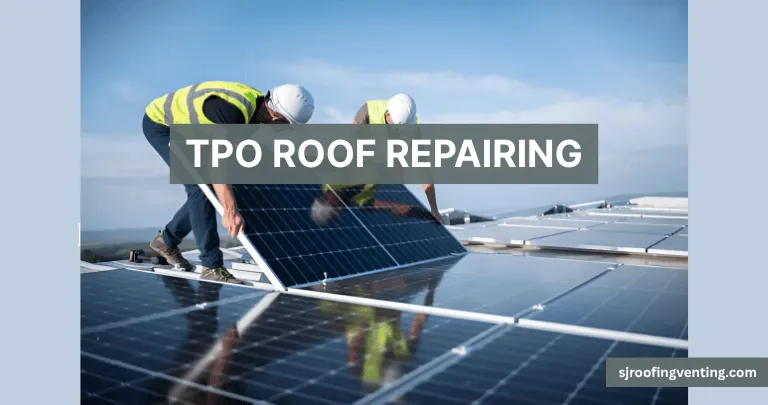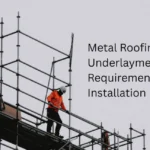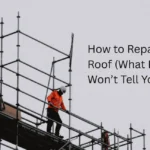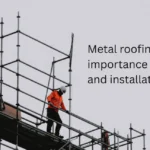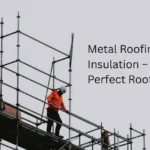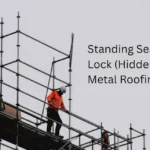In comparing a metal and an asphalt roof — just remember both are the most popular roofs and materials, but their sound profile is totally different. Okay, a metal roofing system is louder during rain if the installation lacks proper procedure, especially under dark tiles or overhanging trees, or under and around trees near the house. Okay, in a home project, as an expert, I have seen many setups and maintenance, and they really make a big difference.
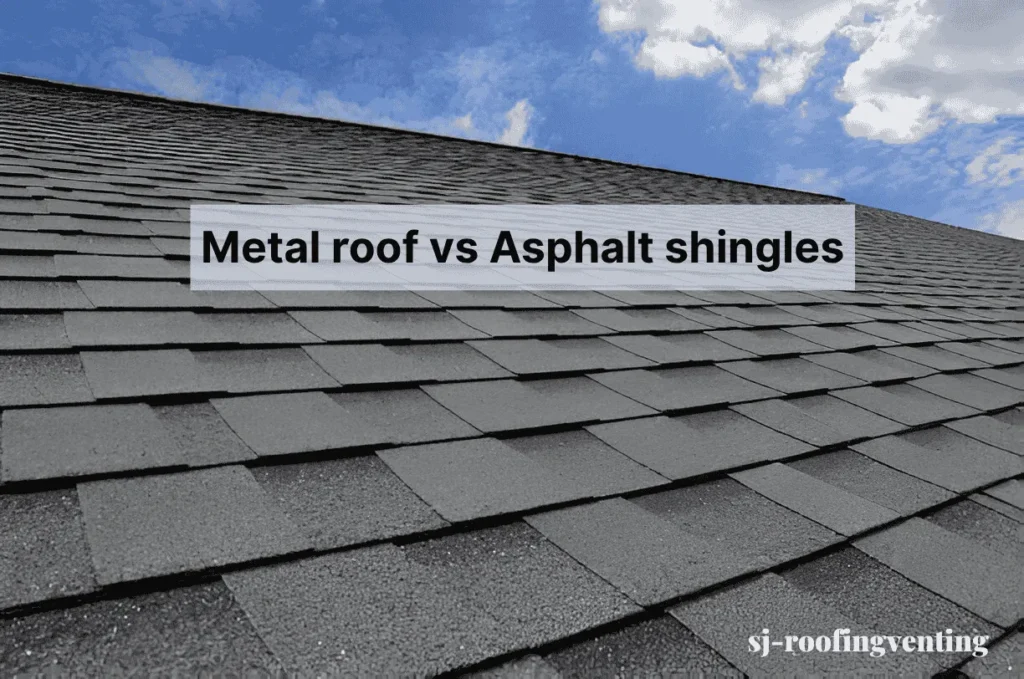
And also, asphalt shingles do absorb sound better, okay, really, and make them quieter in most cases. However, they also have some drawbacks. Asphalt is often prone to fungi, okay, and it is really easy to repair with no major repair costs at all. But a metal roof is more long-lasting and more eco-friendly and can last up to twice as long as an asphalt roof.
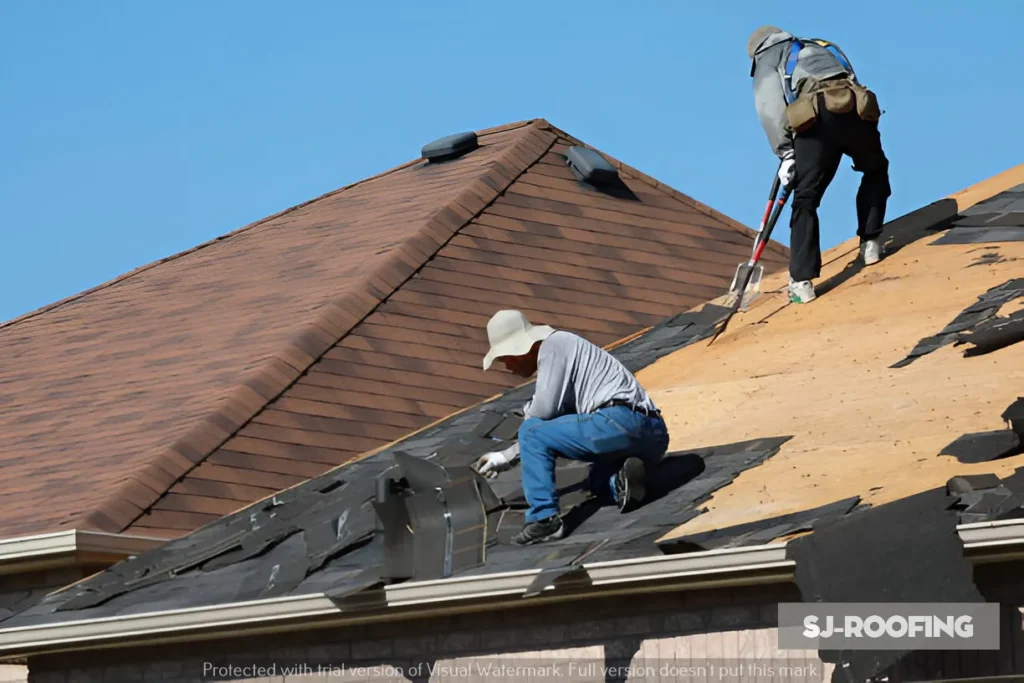
Okay, when you do research on the difference between both, look at your zip code, okay, and get the local estimates of both materials and roof installation cost. Okay, so you can get an idea of average cost and their lasting time and their eco-friendliness and everything. Okay, a metal roof costs more, but it’s long-lasting, has low maintenance, and has fewer roof repair worries. For many homeowners, especially in dark or humid climates, the quieter sound of asphalt shingle is a plus — but if you go with metal, you can make it less noisy with simple insulation or an extra layer during installation. It’s all about knowing the pros and cons so you can make the most cost-effective choice.
What Is the Cost Difference Between Metal and Asphalt Roofing?
Okay, now we’ll discuss the cost difference between metal and asphalt roofs. Most people first look at the cost. Installing a metal roof is generally more expensive, especially for premium styles and architectural panels, okay? For premium styles like architectural panels, corrugated sheets, or cut-to-size standing seams, prices are around $7–$22 per square foot. On the other hand, basic asphalt shingles, like three-tab versions, cost about $1–$3 per square foot, while upgraded asphalt shingle options usually run $2–$4 per square foot. Labor also varies by region, so national averages often list total replacement costs between $5,800–$12,200 for an asphalt shingle roof and up to $9–$30 per square foot for a high-end metal shingle setup.
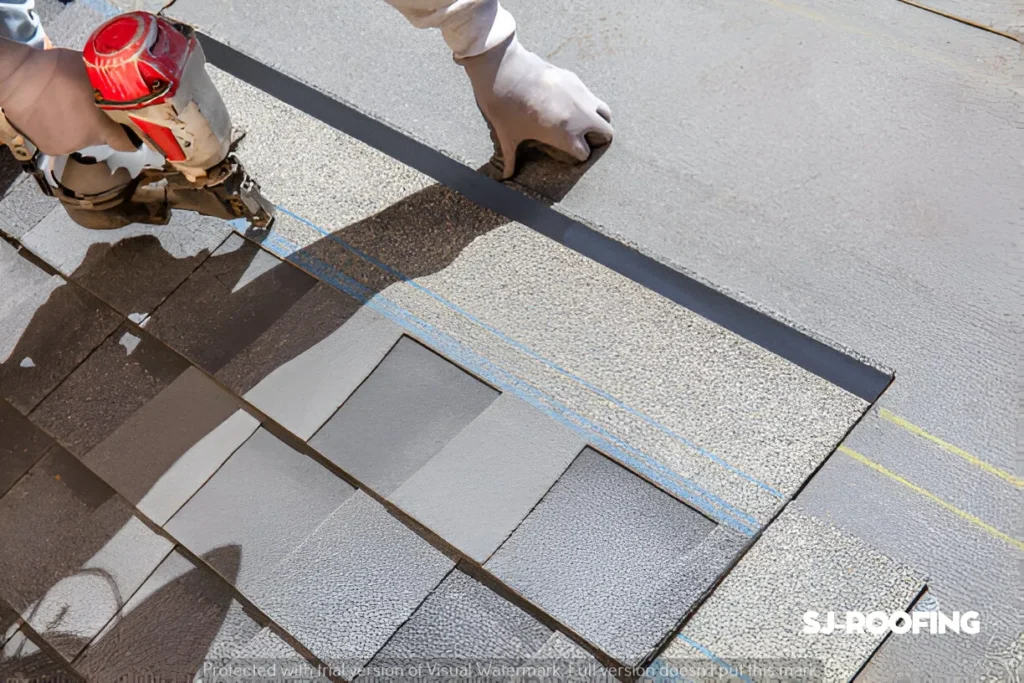
In my experience, choosing between these two comes down to balancing price versus long-term durability. Installing exposed fasteners or corrugated panels can help keep a metal roof closer to $4–$6 per square foot, making it only about double the price of an asphalt shingle roof. Quotes from sources like HomeAdvisor and Angi show that even though the upfront metal roof cost — often $2 to $5.5 more per square foot — is higher, its lifespan and energy savings can make it a better long-term investment.
Durability and Lifespan Difference Between Metal and Asphalt Roofing?
Okay, when we look at the durability and lifespan difference between metal and asphalt roofs, okay, the metal roof usually wins in the long run, okay, and the return on investment is really better in the case of a metal roof. A well-installed metal roof can offer exceptional endurance and often comes with warranties that cover 30–50 years or even 40–70 years of use. Unlike asphalt shingles, which usually last about a 15–30-year period with a matching warranty, a metal roof holds up to elements like rain, ice, and heavy hail without significant denting or damage. I’ve witnessed my own metal panels survive a strong storm with no need for a partial roof replacement, while a neighbor’s asphalt roof started to show leakage and curled cracks after the same event.
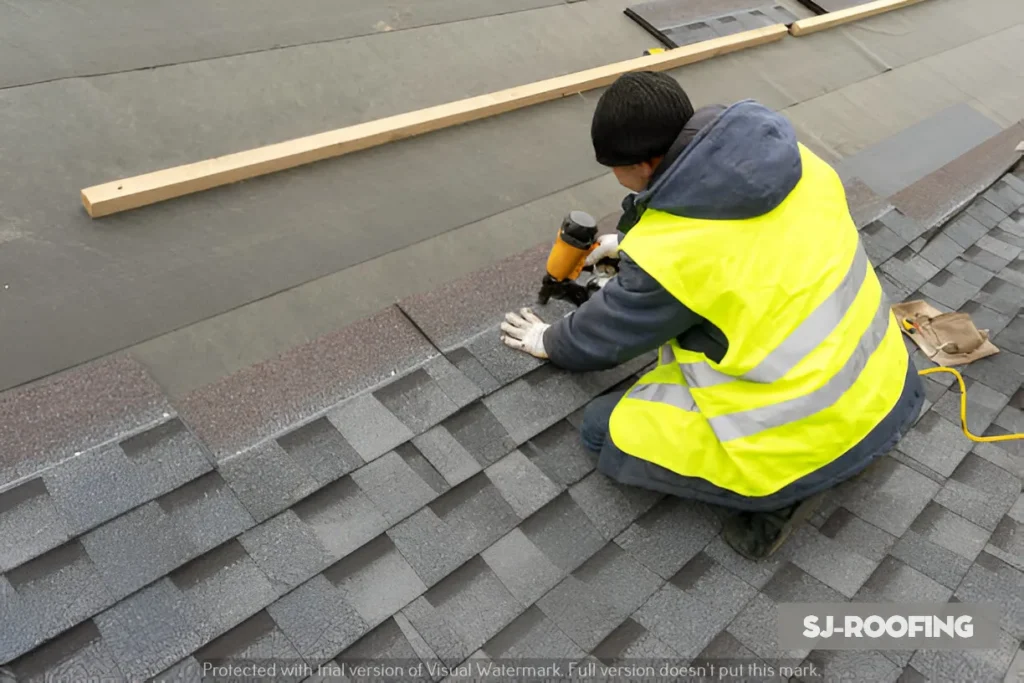
You also can’t overlook how these roofs cope with changing climates. Metal handles humidity, moisture, pooling water, and rapid day versus night temperature shifts without fostering algae or fungus, so its lifespan stays intact. Meanwhile, my friend with asphalt shingles battles persistent fungus, moss, and waterlogged spots after every season change.
What Is the Maintenance Difference Between Metal and Asphalt Roofing?
Okay, now we’ll discuss the maintenance differences between metal and asphalt roofs. The maintenance difference really depends on the climate and the area. A metal roof usually requires less attention and less maintenance after it’s installed properly, okay? But they still require regular inspection to avoid any damage — kind of damage like small dents or sneaky moisture that can lead to leaks. Keeping up with this kind of roof maintenance can be as simple as a quick DIY rinse or occasional cleaning.
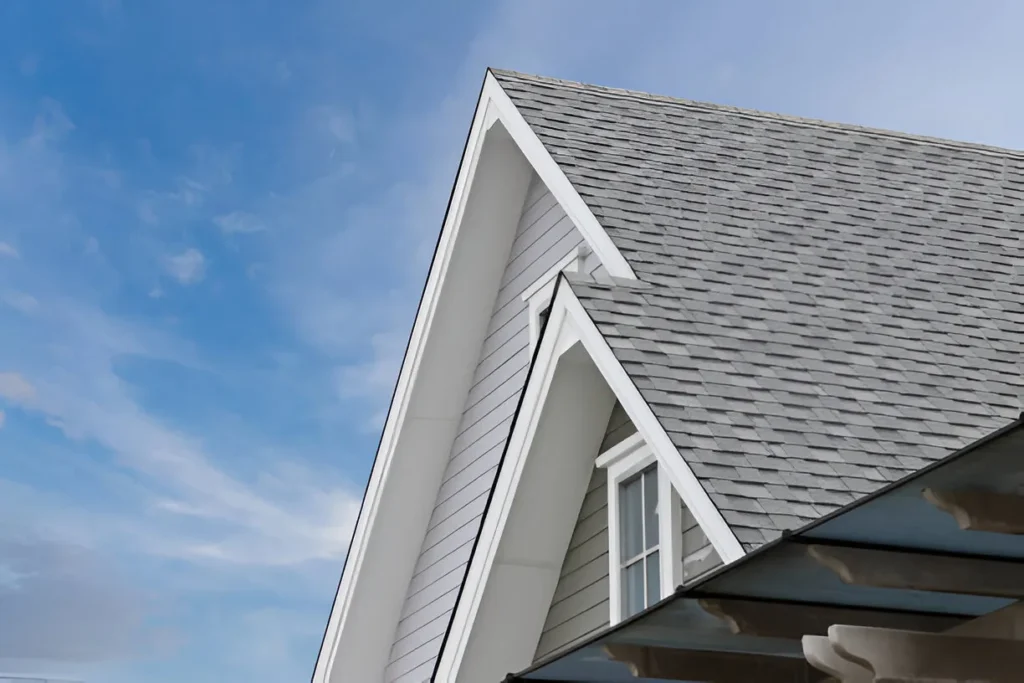
Asphalt shingles can grow moss and often need more preventive steps, like applying a treatment to prevent wear and tear. Hiring a professional for deeper cleaning can cost around $150–$250, while average upkeep of metal can range from $0.20–$0.70 per square foot. Because of their design, most metal roofs need less frequent care over time, saving you some expense and effort despite being equally durable.
Sustainability Difference Between Metal and Asphalt Roofing?

Okay, now the most important thing — the sustainability difference between metal and asphalt roofs. Okay, I also want to point out that most people who choose between asphalt shingles and metal roofs often look at sustainability as part of the conversation. The U.S. Department of Transportation has noted that around 18 million tons of asphalt shingles end up in landfills every year. Since asphalt shingles are petroleum-based, they contribute to fossil fuel dependency and add to environmental stress. On the other hand, metal roofing materials are often made from recycled metals and are highly reflective, making them more energy-efficient. Personally, I’ve seen a drop in summer cooling bills on houses with metal roofs due to this energy-efficient feature.
This long-term impact is why more people are making the switch to metal, and I recommend it if sustainability is one of your main goals. Metal roofs last decades longer than asphalt shingles and do much less harm to the planet overall.
Installation Process Difference Between Metal and Asphalt Roofing?
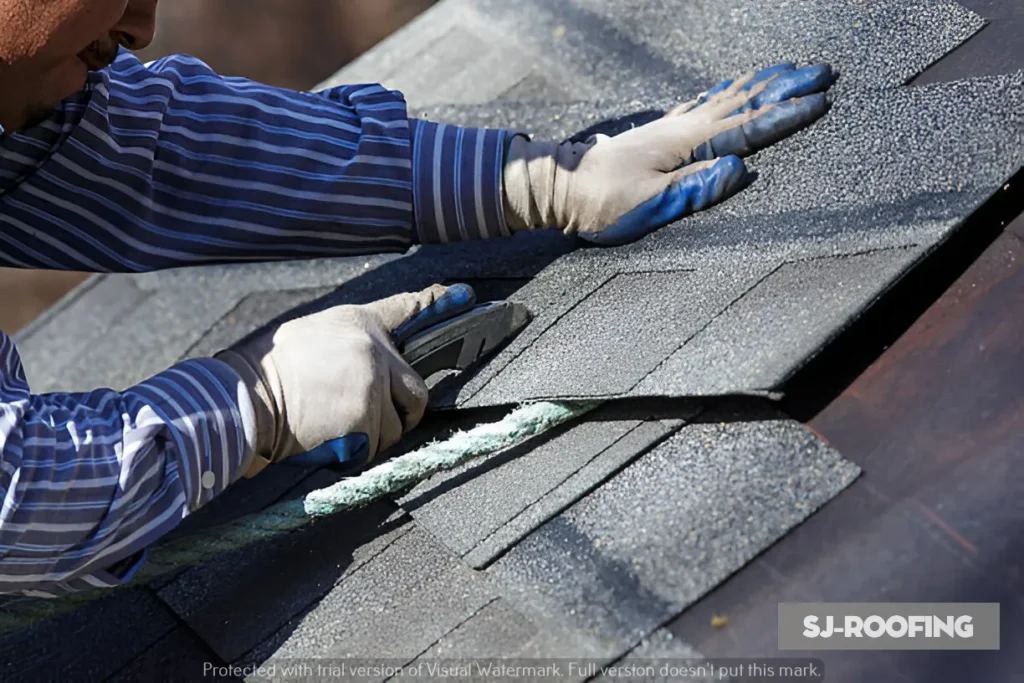
When looking at the installation process for different roofs, I’ve noticed that asphalt shingles tend to be easier and quicker to put in place. Installing these roofs usually takes one to two days, and they can often go over an existing layer, which saves both time and mess. On the other hand, metal roofing is lighter but requires more skill. Because the material is durable and installed in large panels, there’s less room for error, so you need specialized tradespeople. That expertise can increase the labor costs, but many homeowners find the durability and long-term savings make it worth the investment.
What Are Metal Roofing Pros and Cons?
Okay, now let’s discuss the pros and cons of metal roofing. There are a few common types of metal roofs like standing-seam panels, exposed-fastener panels, and metal shingles, okay? They usually lock together at seams. These roofs can be made of aluminum, copper, or zinc, which can vary in durability and price, okay? One thing that I really appreciate is that metal roofs can easily handle temperature extremes, especially if the nails are properly placed. Also, metal is energy-friendly — if correctly installed — making the return on investment very strong over time.
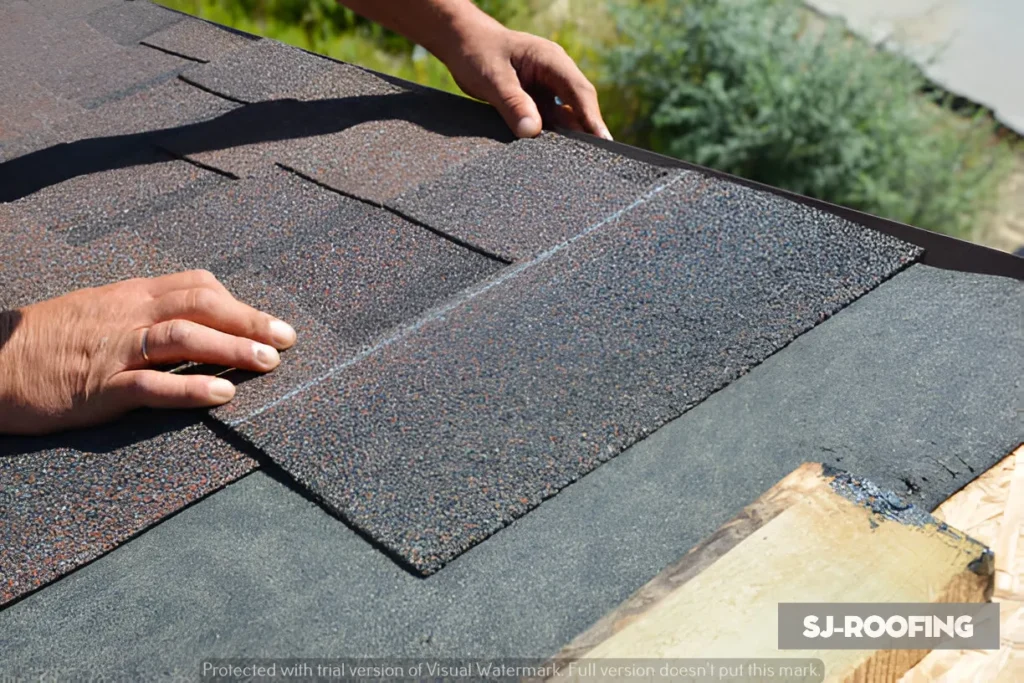
That said, there are a few cons. Metal roofs can come with a higher cost up front due to materials and the need for specialized labor. The installation must be done carefully by professionals, which adds to the expense. Even so, I often recommend them to clients who want a long-lasting, sustainable option despite the initial investment.
What Should You Consider When Choosing a Roof Type?
here’s the question: What should one consider when choosing a roof type? It’s really a subjective question, okay. When deciding on a new roofing material, just first look at your climate, okay? Areas with extreme weather — like tropical storms, wildfires, or strong winds — will mostly require more durable materials. For example, a good fireproof roofing can help in fire-prone areas, while solar roofing might not work well in very cloudy places, okay? Some homeowners in stormy areas may want to use metal roofing for its strength against damage. It’s also important to check your roof slope, okay? Flat surfaces can lead to standing water, and water runoff and winter resistance matter too — making materials like asphalt shingles a safer bet.
You’ll also want to look at Cost factors like budget, material cost, labor, and long-term maintenance. Think about repair and replacement expenses, as well as the resale value of your home. Consider Durability, because some materials can face more degradation or need regular repair. Finally, look into Energy efficiency to see how much you can save up front and long-term; the right roof can cut cooling bills while keeping your home comfortable year-round.
Which Is Better, a Metal or Asphalt Roof?
When making a choice between both roofs, it really depends on your budget, your goals, and your local climate conditions. Asphalt shingles offer a more budget-friendly option, making them a popular choice for homeowners who need a quick replacement on a lower budget. However, even if they have some weather resistance, they may not last as long as metal roofs over time.
On the other hand, metal roofs offer greater longevity and durability, though they come with a higher initial cost and often require a specialized roofing contractor for installation.
For most people, it’s a matter of the pros of a long-lasting option against the short-term savings. My advice is to do a careful analysis based on your home type, get a few quote estimates, and use a good guide to help make the best decision for your new roof.
Increase Energy Efficiency with Metal Roofs
Okay, if you’re environment-friendly and environment-conscious, then metal roofs are really a better option for you. There are many reasons — most of them are made of 100% recyclable materials, and they can be recycled again and again if removed, okay? So they really don’t add millions of tons of asphalt shingles into landfills, which is a really great step, right?
Asphalt shingles, on the other hand, depend on fossil fuels and are bad for the environment — while metal panels last for decades. Their reflective coatings help block heat, lowering electric bills, and creating an energy-efficient space that’s also aesthetically pleasing.
I often tell people that while asphalt shingles have a shorter lifespan and require more frequent replacement, a long-lasting metal roof can pay for itself. It stays energy-efficient in every season, is very popular among modern builders, and proves many common misconceptions wrong about what a metal roof can do for your home.
Is Steel Roofing Better Than Shingles?
The next question is: Is steel roofing better than shingles, really?
Okay, when you’re putting a new roof on a new home, it’s natural to have doubts about whether a steel roof is better or if asphalt shingles are better. Modern metal roofs have a variety of colors and exterior designs, okay, which is something asphalt shingles really don’t have — they are not as versatile or long-lasting. Even though steel roofing costs more upfront, it’s often the better long-term choice when you look at life-cycle costing.
In the long run, steel roofs are much more durable and reliable, with a lifespan of 40–70 years compared to the 12–20 years you’d get with shingles. They need only occasional care, and most people appreciate the peace of mind they offer after seeing the cost of repeatedly replacing a shingle roof.
Is Steel Roof Noisier than Asphalt Shingles?
A lot of people misjudge steel roofs, thinking they’re noisier on a rainy day compared to asphalt shingles. In reality, most metal roof installation services Toronto offer setups where a sheathing layer absorbs sound and greatly reduces rain and hail noise, especially in unpredictable Ontario weather.
With this extra soundproofing, a properly installed steel roof is often easier on the ears than you’d expect — sometimes just as quiet as a traditional shingle roof.
What’s the price difference between metal roofs and asphalt shingles?
Metal roofs typically cost $8–$14 per sq. ft., while asphalt shingles cost $4–$7 per sq. ft. installed.
What are the pros and cons of metal roofs vs asphalt shingles?
Metal roofs are more durable and energy-efficient, while shingles are cheaper and easier to install or replace.
What are the pros and cons of metal roofs vs shingles?
Metal roofs last longer (40–70 years), resist fire, and reflect heat, but shingles are lower-cost and easier to maintain short-term.
Which is better in hot climates: metal roof or shingles?
Metal roofs perform better in hot climates due to their heat reflectivity and energy efficiency.
How do 50-year shingles compare to a metal roof?
50-year shingles offer extended lifespan but still lag behind metal roofs in durability, longevity, and weather resistance.

Hello! I’m Abdullah, a passionate professional in the field of construction and roofing. I am the proud owner of SJ Roofing & Venting, a leading construction company based in New York. With years of hands-on experience, I write about various construction methods, techniques, and industry insights to share my knowledge and help others in the field. I’m also the founder and main contributor of this website.

